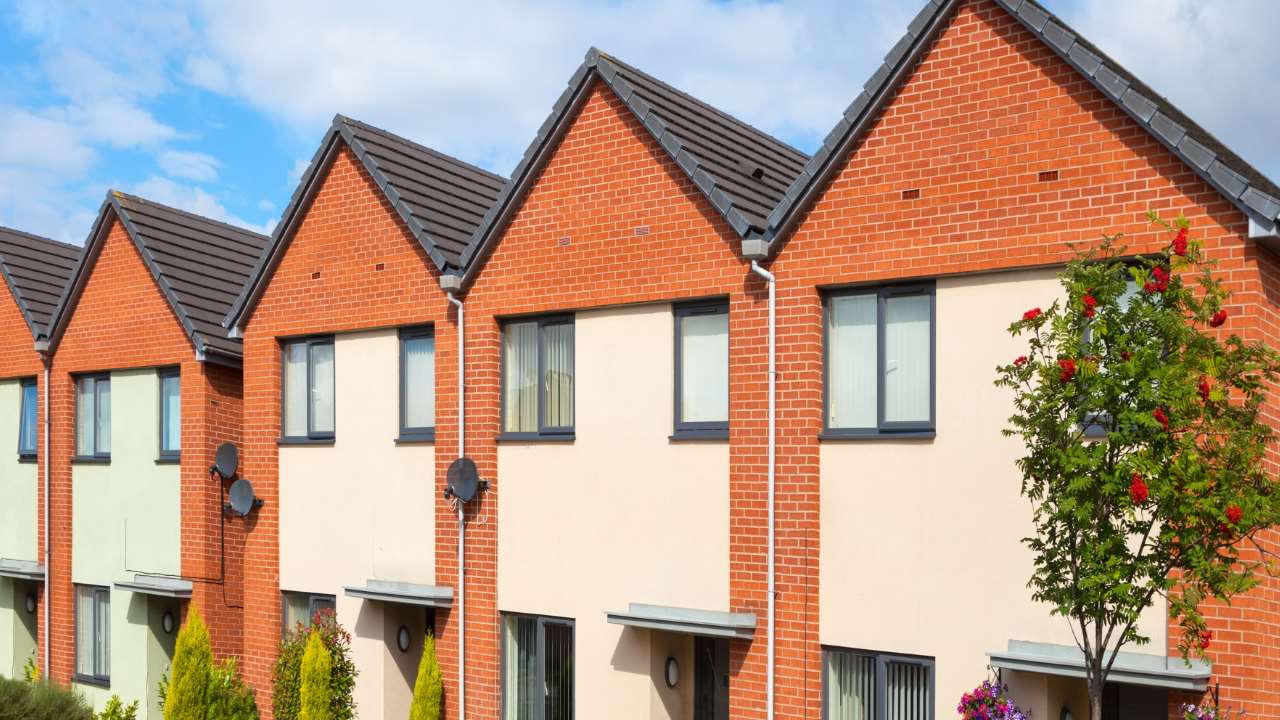The social housing sector will no doubt welcome the recent clarification on the application of the new Residential Property Developer Tax.
We recently commented on the draft legislation Residential Property Developer Tax in an article by Inside Housing (“Some Housing Associations could be “in scope” of new cladding tax, lawyers warn” – 24 September 2021). Since the publication of that article, the position of Registered Providers (RPs) has been clarified.
Whilst the consultation had set out an intention to exclude non-profit housing associations from the scope of the tax, the draft legislation was not sufficiently clear and our view was that the exclusion should be made explicit.
Following ongoing engagement with the sector, the Government has since amended the draft legislation.
We have summarised these changes below:
Non-Profit housing companies are specifically excluded from the tax
The definition of residential property developer (referred to as “RP Developer” in the draft legislation) has been amended so as to specifically exclude non-profit housing companies.
“Non-profit housing companies” are defined in section 2(2) of the draft legislation and include, non-profit registered providers of social housing and their wholly-owned subsidiaries.
This clarification is helpful as it makes it explicit that non-profit housing associations and their taxable (wholly owned) subsidiaries are to be excluded by the tax.
It would appear, however, that for-profit housing associations will continue to be caught by the tax if their profits exceed the tax-free allowance.
Given the recent rise in the number of pension and equity funds investing in for-profit housing associations, we will need to see how much this affects the supply of housing.
We expect the final details of the tax, including the rate of the tax and the taxable threshold to be announced in the Autumn Budget. How this tax is ultimately received by investors will depend very much on these figures.
What about Build to Rent?
The Government has decided that Build to Rent (BTR) activity should not be in scope of the tax for the time being. Whilst ministers can see a case for profits from BTR activities to be included in the tax, it seems that there was no clear solution to the complexities around BTR developers having to pay a “dry tax” on unrealised profits (as the model requires holding the asset as an investment as opposed to building to sell); a prospect that has met a lot of resistance during consultation. As such, profits from BTR activity will not be taxable under the new regime, which will come as welcome news to the sector.
The Residential Developer Property Tax is part of the Government’s Building Safety Package. The tax is one of the Government’s measures intended to bring an end to unsafe cladding. The consultation for the new tax will end on 15 October 2021 and is expected to be announced in the Autumn Budget on 27 October.
For more information, please contact Real Estate Solicitor David Bullock, or Partner Caroline Mostowfi.
